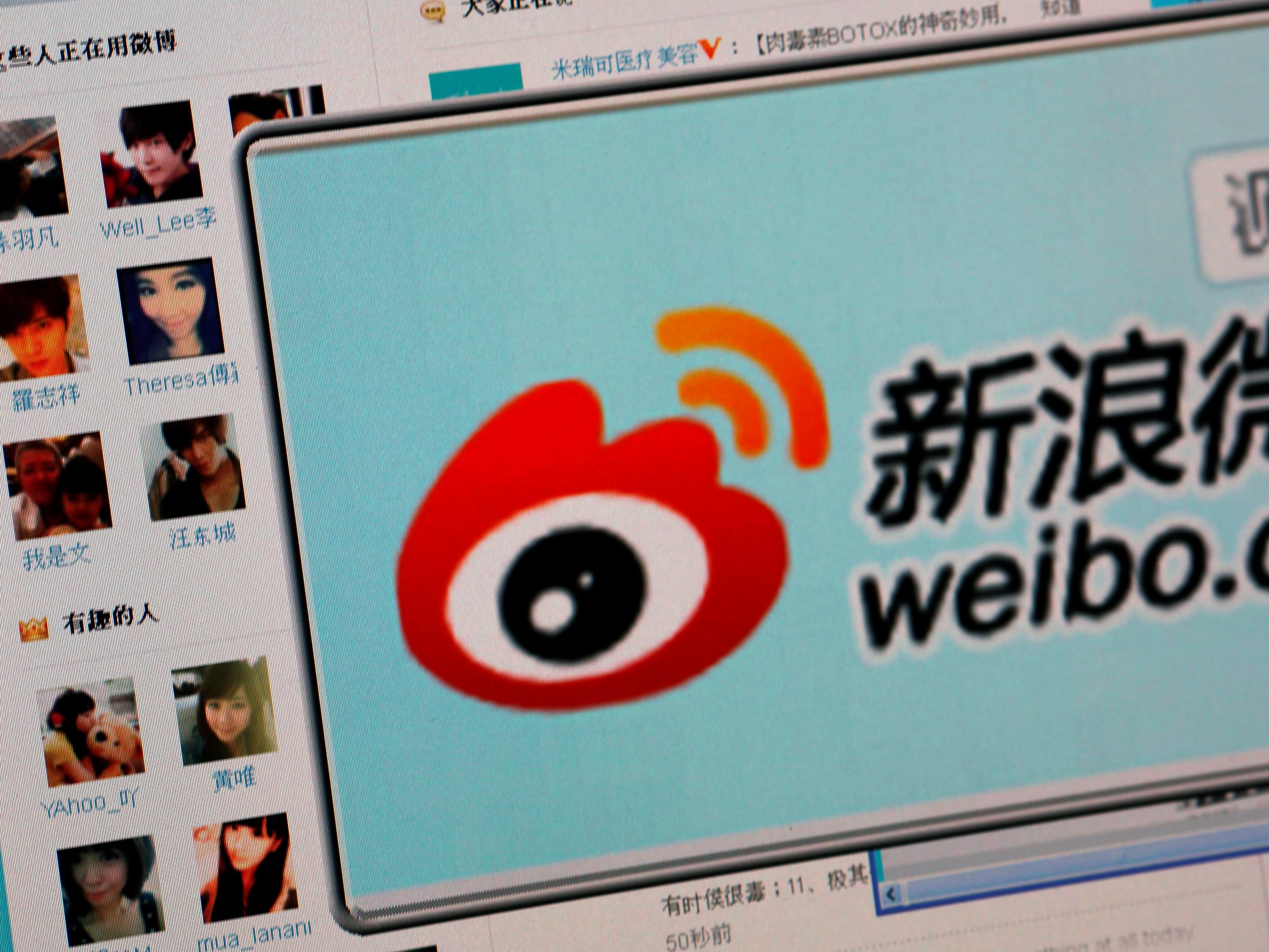China's Internet controls, which were already among the most extensive in the world, have grown even more sophisticated and pervasive under the new Communist Party leadership, according to a Freedom House special report.
China’s internet controls, which were already among the most extensive in the world, have grown even more sophisticated and pervasive under the new Communist Party leadership, according to a Freedom House special report released on 24 July 2013.
New regulations made it harder for activists to conceal their identity online. Some circumvention tools, which help users access uncensored websites overseas, were significantly disrupted. And private companies stepped up their capacity to delete banned content, sometimes within minutes. The report is based on Freedom House’s unique Freedom on the Net methodology.
“As more Chinese people get online and encounter constraints, more adopt tools and workarounds to avoid them, a sign of tremendous public demand for internet freedom,” said Madeline Earp, research analyst for Freedom on the Net at Freedom House. “But instead of relaxing control, CCP leaders under President Xi Jinping are refining China’s technical and regulatory apparatus to stop citizens from evading censorship and surveillance.”
The report includes an assessment of internet access in China and how it is curtailed; a new generation of censorship and manipulation techniques that govern content; and the laws and regulations used to find and punish individuals who disobey the rules.
Key findings:
* Surveillance exposed more people to repercussions for online activity. December regulations mandated more real name registration online, formalizing existing checks on anonymous communication. It’s still possible to defy these rules, but not for mobile internet users, whose phones are already registered – and more Chinese people got online via cellphone than broadband for the first time in 2012. In Tibet and Xinjiang, police searched mobile handsets for banned content, and jailed dozens for using digital tools.
* Private innovation served censors, not customers. Domestic companies must censor to succeed. To stay ahead of evolving official directives and restrict creative online activism, they’ve produced sophisticated and nuanced controls: Instant messages containing sensitive keywords disappeared, connections using VPN tools were severed, and public microblog posts were quietly made private, visible only to the author.
* Activism was manipulated for political gain. Internet users enforced President Xi’s 2013 anti-graft campaign by scrutinizing local officials for signs of overspending – though never top leaders; Bloomberg’s website was blocked in 2012 for reporting on Xi’s own wealthy connections. Sometimes a political faction seemed to briefly lift censorship on content that would discredit an opponent.
China is rated Not Free across Freedom House’s signature reports, Freedom in the World 2013, Freedom of the Press 2013 and Freedom on the Net 2012. Freedom House will release Freedom on the Net 2013 in September.
See Freedom House’s China Media Bulletin for additional information.



